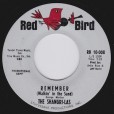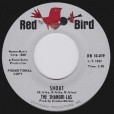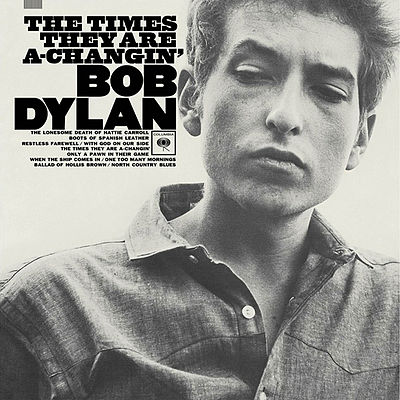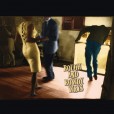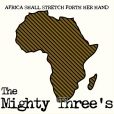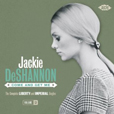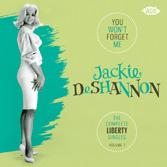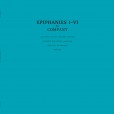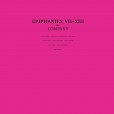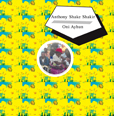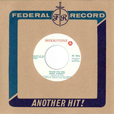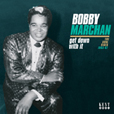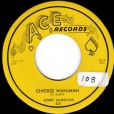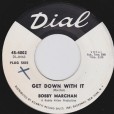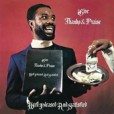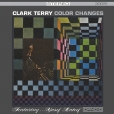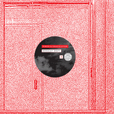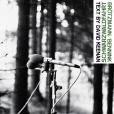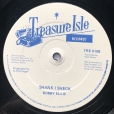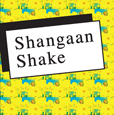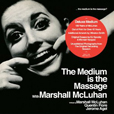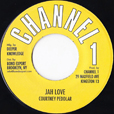Your basket is empty

‘The Complete Liberty And Imperial Singles, Volume 2.’
Derek Bailey’s guests for Company Week at London’s ICA in July 1982 were contemporary classical pianist Ursula Oppens, folk/jazz singer-turned-improviser Julie Tippetts and her partner pianist Keith Tippett, violinist/electronics wizard Philipp Wachsmann, guitarist Fred Frith, trombonist George Lewis, harpist Anne LeBaron, and from Japan free jazz bassist Motoharu Yoshizawa and sound artist Akio Suzuki.
Altogether they performed the stunning extended improvisation Epiphany.
In different, more intimate lineups they detonated numerous Epiphanies.
Here, to start, Yoshizawa and Oppens (both on the keyboard and inside her piano) bounce ideas off each other like ping-pong balls.
Then Tippetts, Wachsmann and Bailey do extraterrestrial cubist flamenco; and Lewis and Frith rumble at everyone magnificently.
Tippett and Oppens kaleidoscope the entire history of the piano into just over fifteen minutes (Fourth and Fifth) with added seasoning from LeBaron and Wachsmann.
To close, Akio Suzuki — despite once describing himself as “pursuing listening as a practice” — makes one hell of a racket with his self-made instruments: a flute, a spring gong and his analapos (two single-lidded cylinders attached by a long steel coil, which he can manipulate and strike, besides vocalising into the tube). Yoshizawa and Bailey give him a real run for his money, and it all builds to an ecstatic, swirling, grinding climax, with Suzuki whooping and hollering wildly.
More buried treasure from Company Week 1982: seven previously unissued Epiphanies by lineups involving Derek Bailey, Ursula Oppens, Julie Tippetts, Keith Tippett, Philipp Wachsmann, Fred Frith, George Lewis, Anne LeBaron, Motoharu Yoshizawa and Akio Suzuki.
Fred Frith is a stellar improviser — 1974’s Guitar Solos is still a seminal album of free improv — and he has three opportunities here to showcase his considerable talents. Eleventh is a tour de force of extended technique, with George Lewis working slowly but surely through a variety of trombone mouthpieces, while Frith’s guitar, strummed, bowed or prepared, could be a theremin, a koto, a mouse trapped inside a grandfather clock or a lion cub inside a shoebox. Bookending the album, on Seventh he swaps Webernian shards with Lewis and harpist Anne LeBaron and on Thirteenth, with pianist Keith Tippett, he condenses a whole lifetime of musical exploration into a mere twelve minutes. When it’s over both musicians are so amazed they burst out laughing.
Elsewhere, on Eighth, Wachsmann reveals his understated mastery of both his violin and the electronics he’s devised to extend its range, and pianist Ursula Oppens proves she’s as adept as conjuring forth magic from inside her instrument as she is at the keyboard. Major and minor triads too!
Ninth is spikier, with Lewis quacking, spitting and wheezing like a flock of geese let loose in a fairground, while Derek Bailey and Motoharu Yoshisawa patiently explore the outer limits of acoustic guitar and double bass. Bailey and Lewis team up again on Twelfth to take on Oppens — and everybody wins. Voice is more to the fore on Tenth, with Julie Tippetts’ coloratura and flute and Akio Suzuki’s analapos and spring gong flying high, while LeBaron, Wachsmann and Yoshizawa weave intricate webs of pizzicati, spiccati and glissandi beneath.
Fiercely brilliant, slashing, whooping dance music from Oni — all-original, no samples — and a stonking Detroit thumper from the master.
1966 rocksteady, elegantly heartfelt as Nat King Cole.
He’s celebrated for nutting out with Huey Piano Smith’s Clowns — but this is classic, essential, mid-60s southern soul, recorded for Stax and American in Memphis, and FAME in Muscle Shoals, with knockout ballads.
Lethal footwork from three originators. The A is dancefloor murder, honed and nasty, vintage Chicago and Detroit gone clear across the SA border; the flip is a fierce, futuristic juke vocal collage, hard as nails.
The debut LP of David Jahson and Jerry Baxter, from 1978 (featuring the classic, parping Black On Black, from four years earlier).
The CD adds the Love Train album.
The two dubstep pioneers at the top of their game. Truly an album, the music is multi-levelled — dark as anything at times, but engrossingly varied and emotionally shaded, always on the move.
Extra to the LP, with a magnificent, epic, head-scrambling remix, more spaced and spooked than the original. Shackleton’s dream liturgy fully unfolds — an eerie, garbled sublimity, a kind of black-magic plainsong.
E-flat, b-flat and bass clarinets, soprano and alto saxophones, birdcalls, viola, banjo, cymbals, wood, trees, sand, land, water, air.
Recorded outdoors in 1977, in the Black Forest, near Aufen.
John Simon’s funny, entertaining chop-up of a mock MM debate, enacting subjectivities split and scattered, narratives disrupted, signification broken down… ‘Drop this jiggery-pokery and talk straight turkey.’
Heartfelt, blessed early-eighties Maxfield Avenue roots, in short supply from the off. Pressed from the original stamper, Digikiller-style: a few clicks at the start can’t test rudie.
